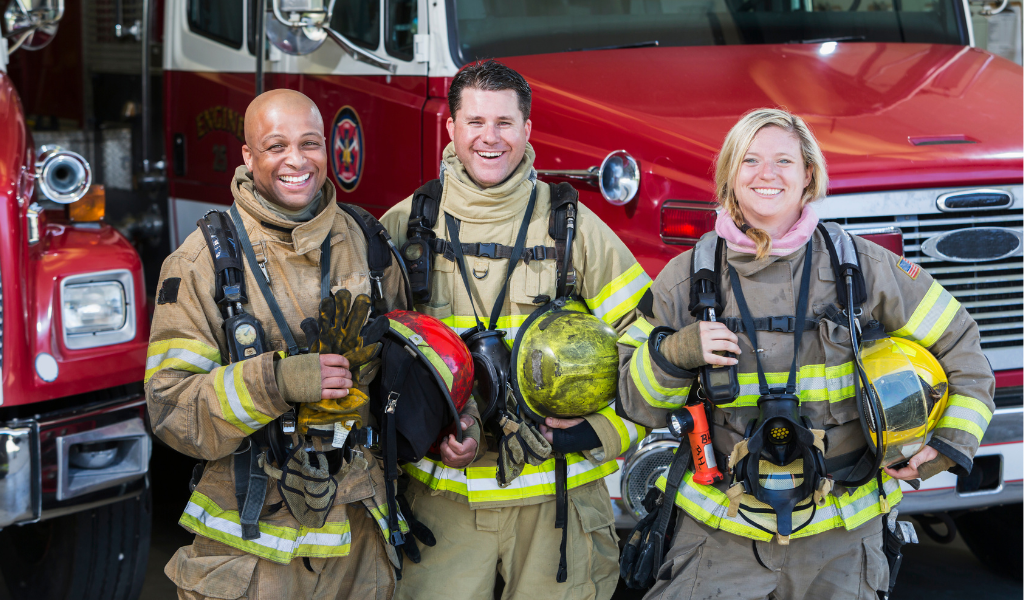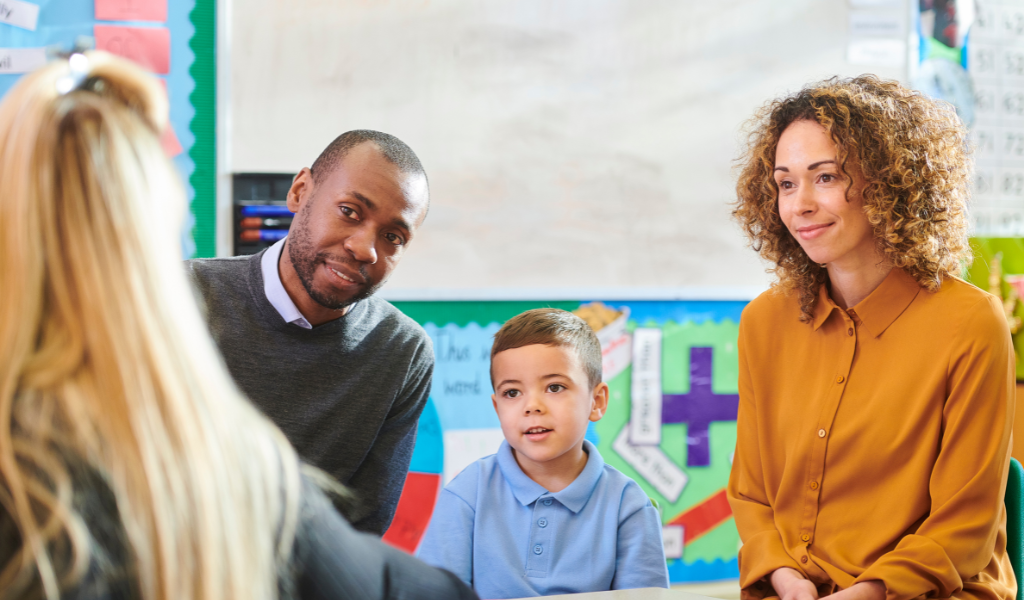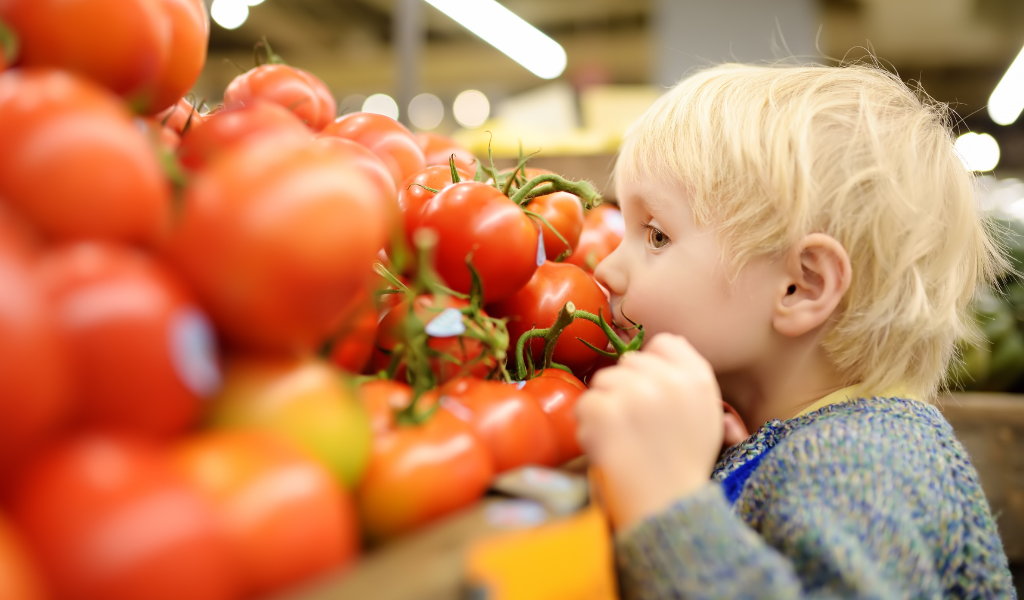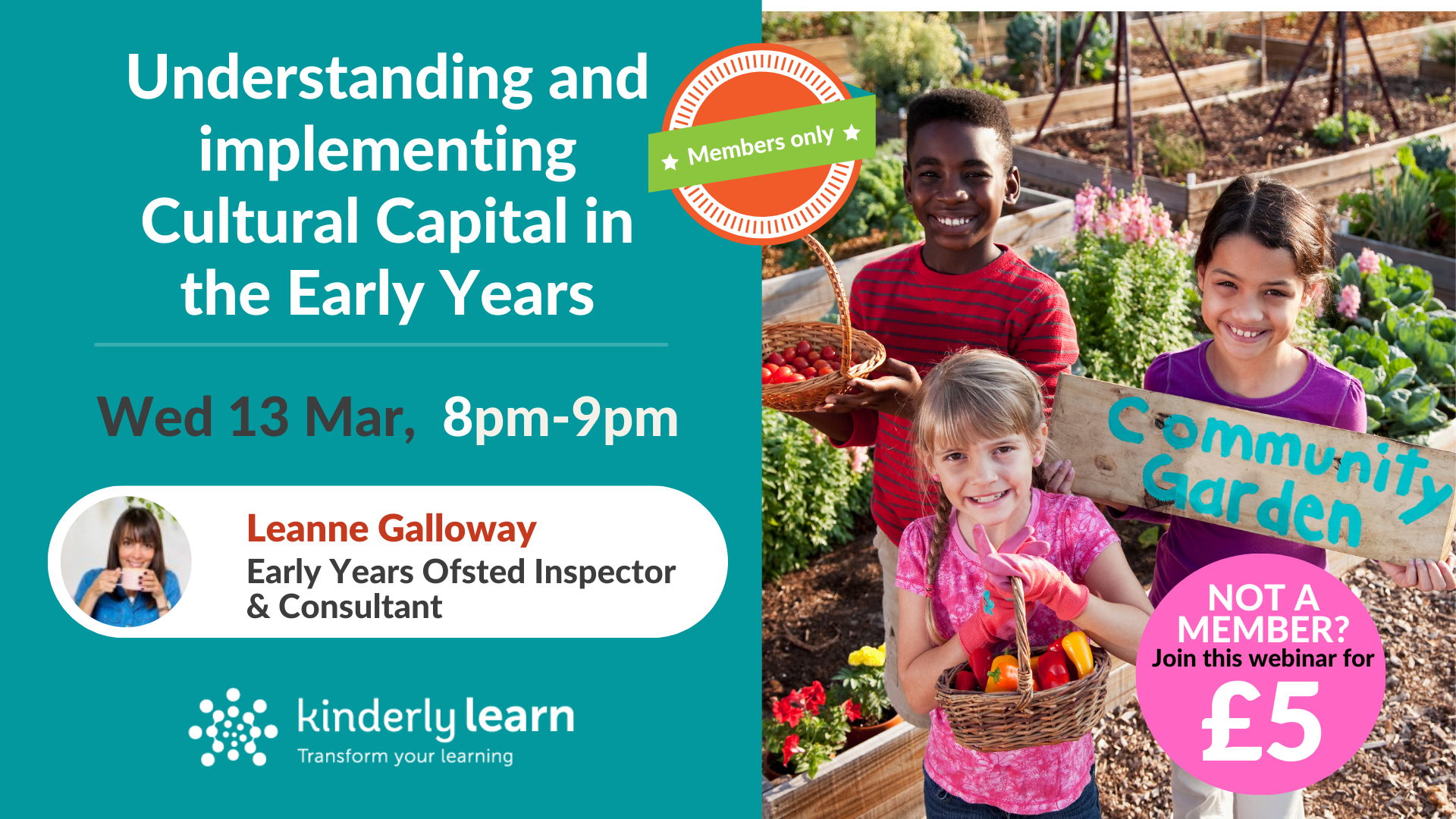In this blog Early Years Ofsted Inspector & Consultant Leanne Galloway explains the meaning of ‘Cultural Capital’ and how you can incorporate this into your Early Years practice.
Cultural Capital, in my opinion, is still an aspect of practice which some practitioners find difficult to understand and articulate. In many cases, settings support children well but they’re not always clear on how they are explicitly supporting children in the development of their cultural capital. So, what is cultural capital?
Ofsted added the term ‘Cultural Capital’ to the inspection handbook in 2019. The Early Years inspection handbook for Ofsted-registered provision for January 2024, states that…
Cultural Capital is the essential knowledge that children need to prepare them for their future success. It is about giving children the best possible start to their early education.
This is a very broad and subjective statement and ultimately, it will be up to settings to decide upon what specific knowledge and skills it is that their particular children need due to all children being unique and no two settings being the same. Therefore, how do you identify children’s starting points?
In order to fully know what it is you want children to learn it’s essential you know them well and gather as much information about them as possible. Again, this is something which settings will do all the time but it’s helpful to be clear on how you gain knowledge about the children and then plan to develop their learning and development.
As a key person you can:
You may then wish to evaluate the provision, activities and events you provide in order to support children with developing their knowledge and skills, based on a premise of promoting awe and wonder.

Whatever your approach to planning, it’s important to ensure it is designed to meet children’s next steps in learning and that children will want to engage with it because it’s relevant, interesting and pitched appropriately. Consider if the children can relate to the learning and experiences you’re providing them. Tailoring teaching to children’s interests is important but if we only expose children to things they’re interested in we may be doing them a disservice. How will you know if they’re interested in new topic or themes if they’re not exposed to it? Consider how you reflect upon what you are teaching the children and how the flexibility in your curriculum allows for you to follow children’s interests as well as meet their needs.
For children, community involvement and engagement produces long-term benefits in their lives. It gives them a sense of belonging and is crucial to the building of their identity. Helping children to learn about themselves, their family and their heritage is a good place to start. This will then give children a foundation upon which to build additional knowledge about their community and locality.

Consider how your setting and your children’s families may utilize the local community, for example;

The opportunities to enhance a child’s cultural capital are plentiful, and the beauty is, every child will need and want something different!


Leanne Galloway is an early years specialist with over 17 years of experience. She has been a senior leader, School Improvement Partner and the Head of Teaching and Learning at schools in Devon. Leanne has also worked abroad, working for the prestigious Harrow group of schools. During this time, she led large schools, focusing on bringing about rapid improvement within the early years. Leanne also inspects early years settings in her Ofsted capacity and she provides support to schools and settings as an early years consultant.